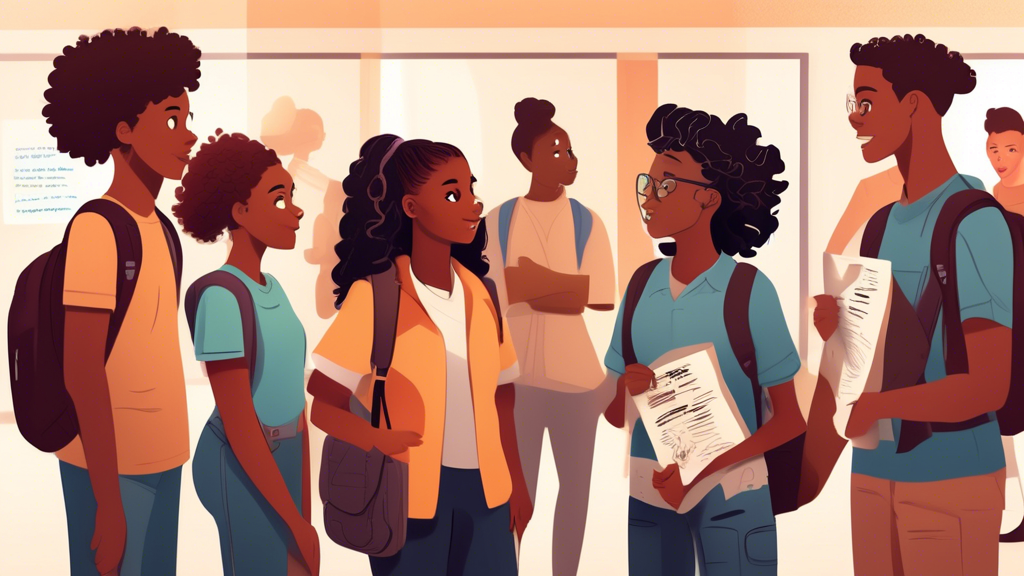
Court Rejects Request from Black Student Punished for Hairstyle
In a notable legal development, a judge has turned down the request of Darryl George, a Black student who faced punishment from his school over his hairstyle. The ruling was made by Judge Brown on Friday afternoon, marking a significant moment in the ongoing discussion surrounding school policies and racial discrimination.
Judge’s Ruling
The judge’s decision to deny the request for George’s immediate reinstatement to school stemmed from what was deemed an excessive delay in the legal proceedings. According to the court, the student and his legal team waited too long to file for a temporary restraining order against the school’s disciplinary actions, which ultimately influenced the ruling.
Background of the Case
Darryl George faced disciplinary action from his school for wearing a hairstyle that contravened school policies. The incident has ignited a wider controversy, bringing to light issues of potential racial bias embedded within school policies that target particular hairstyles commonly associated with Black culture.
Family’s Reaction
The outcome was met with disappointment from George’s family, particularly his mother, Darresha George. She had expressed hopes that the court would grant a temporary restraining order, allowing her son to return to his studies while legal deliberations continued. Her sentiments underscore a broader concern about fairness and equity in school disciplinary practices.
Legal Action
In seeking justice, the family and their attorneys filed for a temporary restraining order aimed at halting the school’s punishment. However, the refusal of this order means Darryl George will not be able to resume classes at this time, raising questions about the direction of the legal battle that lies ahead.
Ongoing Controversy
This case has shed light on the persistent issues of racial discrimination that affect students in educational settings, particularly regarding hair policies that disproportionately target Black students. As discussions evolve, advocates are calling for reforms to ensure that school disciplinary actions are equitable and fair, irrespective of cultural backgrounds or personal expressions.
The situation surrounding Darryl George emphasizes the need for continued scrutiny and dialogue regarding racial equity in school policies, aiming to foster environments that are inclusive and respectful of individual identities.
